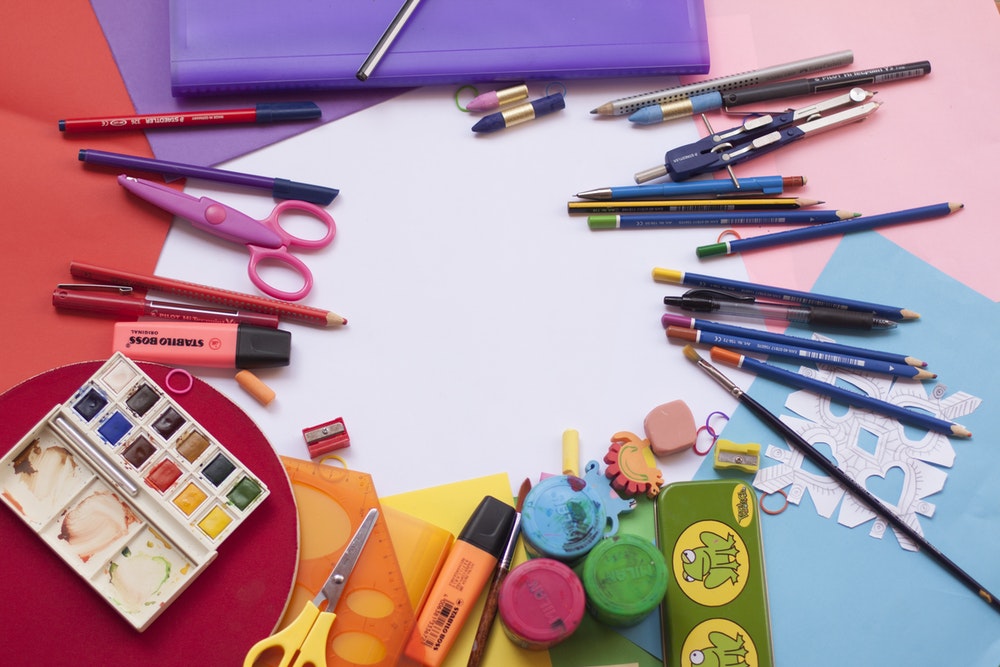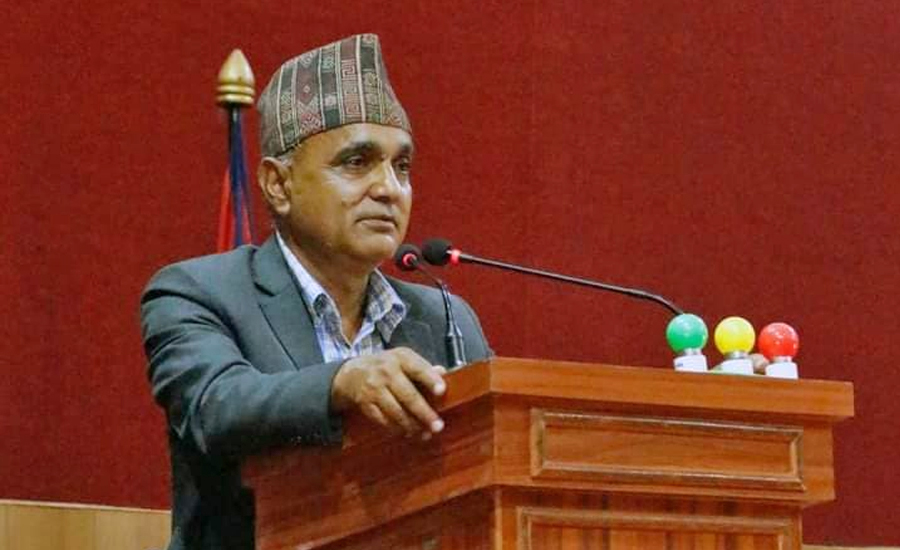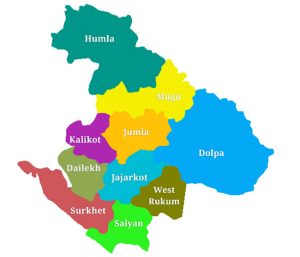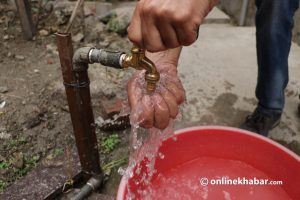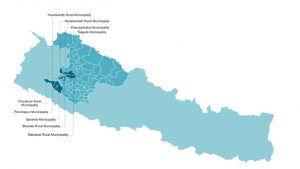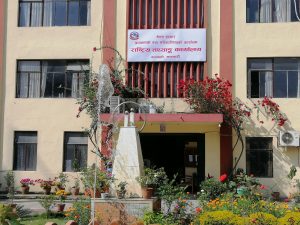With the onset of the Covid-19 pandemic, the educational sector has been facing several challenges. Students are stuck at home; teaching-learning programs and examinations of primary, secondary and tertiary levels have been postponed; teachers at private schools and colleges await the reopening days, and the owners are looking for alternative ways of reviving the same number of students in their situation. However, the stakeholders and teachers in community schools need not worry in terms of student enrolment and job security.
As reported by the Ministry of Social Development of Karnali province, the literacy rate of the province is about 62.5% and there are 5962 ECD centres, 3,038 community schools, 149 private schools and 56 higher education institutions. During the lockdown,595,371 students were deprived of classroom instruction. On the other hand, the province established an education cluster to suggest the emergency plan during the lockdown. The cluster surveyed the schools in the province and reported five categories of schools, such as 18.40% schools have internet access, 9.54% are with access to television, 5.91% access local television, 83.19% are in the access of Radio Nepal, and 74.16% schools access local FM radios. Likewise, 8.91% of schools do not access any kinds of electronic communications. The report showed that the digitalisation and development of alternative teaching-learning strategies need to be accessible for all academic institutions, teachers, and students. Students have been suffering from anxiety and parents seem worried about the continuation of children’s study. However, the responsible authorities are in a dilemma for designing and developing an emergent educational plan in this pandemic.
The Karnali province is rated in lower scales in the development indicators all the time, and with the Covid-19 crisis, it was no exception. But, here is a different story too.

One of the students says, “Coronavirus terrified us in the beginning, but when I started online classes with teachers and friends, I also started to understand more about Covid-19 and the lockdown as an opportunity to adopt new learning situations. Therefore, I perceived the lockdown as a luck-dawn. I started developing a ‘coronavirus diary’ and shared it with family members and friends. I learned different home-based skills, digital skills, and performative skills such as conversation, debate, discussion in some issues with siblings and friends in face-to-face and virtual modes.”
In the same manner, one of the teachers teaching at a community school in Birendranagar says that she has been gaining digital skills and other opportunities such as participating in virtual conferences, training, seminar and theme-based discussion forums during the Covid-19 crisis.
Similarly, I got an interesting event of students from the remote area as the community-based volunteer practices were designed for learning opportunities. One of the master’s levels student was stuck at home in Humla during the lockdown. According to him, he maintained social distancing and taught 10 students for 10 days about life skills and conversation skills. My query was why he introduced life skills and conversation skills to them. He answered, “I want to make the students responsible and familiar with new dimensions of learning. Most of the school children are motivated to irresponsible thoughts and drug abuse. I want to inspire them positively as they could think and determine their life. So, I named those 10-days work as ‘Being Happy’.”
These cases exemplify that the lockdown is also a time to look for the alternative ways of dealing with the situations from which an individual can learn new skills and create several opportunities.
Despite the physical, psychological and emotional challenges, the teachers and students of Karnali have been engaged in creating opportunities during the emergencies. These practices improve this terrible situation beyond the classroom. We have a traditional mindset that learning is bound within the classroom, fixed curriculum, prescribed and referred textbooks, allocated schedule, particular teachers and predefined learning goals. After reflecting the situation of Covid-19 pandemic, I conceptualised a framework of transforming lockdown into luck-dawn by adopting some revolutionary attempts. Now, we need to think teaching-learning from the angle of learning to live and learning to be responsible.

Home is the first school for every child and parents are the best teachers. Kitchen, bedroom, living room, study room, surroundings can be the classrooms for homeschooling. For example, a kitchen might be the lab for science and health classes, and a bedroom may be the lab for language and moral values.
Parents need to teach their kids about life skills, disciplines, moral values, personal duties and responsibilities since the pandemic is creating an opportunity. They can shape their children’s practical learning involving them in multiple intelligence-based activities such as drawing, singing, dancing, writing daily diaries, developing logic, watching documentaries and news, and communicating with family members and friends.
Cyberspace might be another key to unlock the lockdown. Learners may explore their needs through the use of digital devices involving in virtual classes. Similarly, they can explore the ways of developing new thoughts with the help of digital tools and technological skills. For example, Priyanka Gyawali, a fifth-grader in Surkhet has been able to type, draw different shapes on the computer. In the same way, she can explore the required information related to her study using different search engines such as Google. In this way, students need to explore knowledge and information to develop and sustain new dimensions in the learning community.
In a nutshell, the concerned authorities of education sectors need to develop the contextual learning modalities and skills which can lead to shaping the future of children. The teaching-learning paradigm needs to be transformed into the learning-sharing paradigm because the episteme of the Covid-19 pandemic suggests us the transforming and adopting contextual learning opportunities. Therefore, the curriculum, content, context and the learning space need to be considered in an innovative way in the post-Covid-19 situation and the present context may unlock the paradigm of professional culture to identify homeschooling parameters for Karnali and the entire nation.



